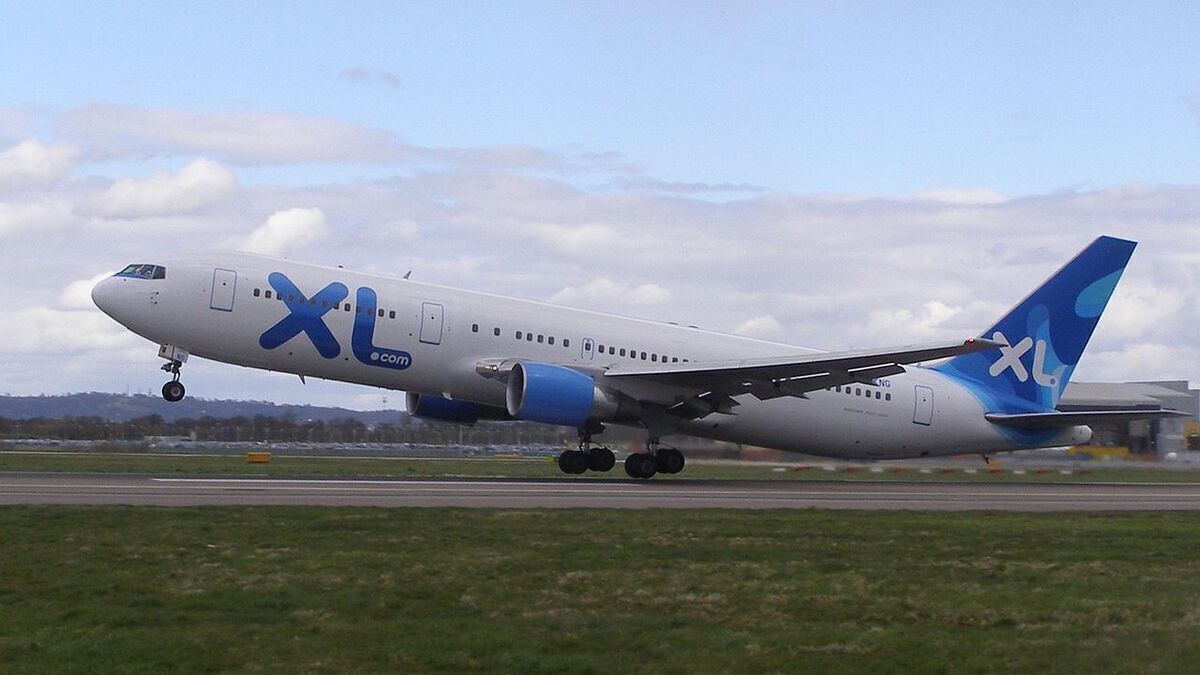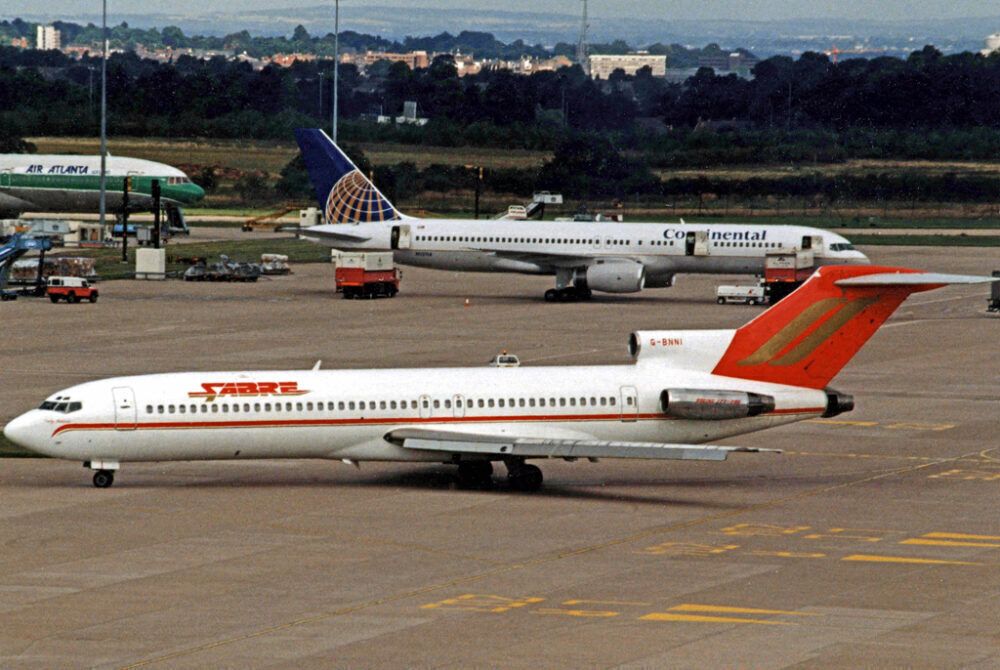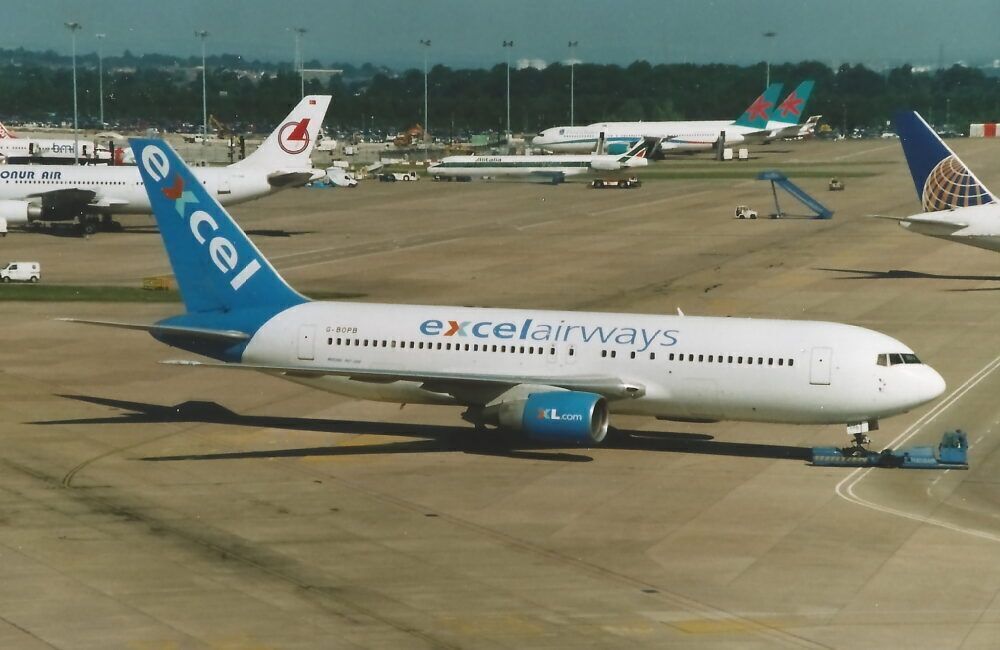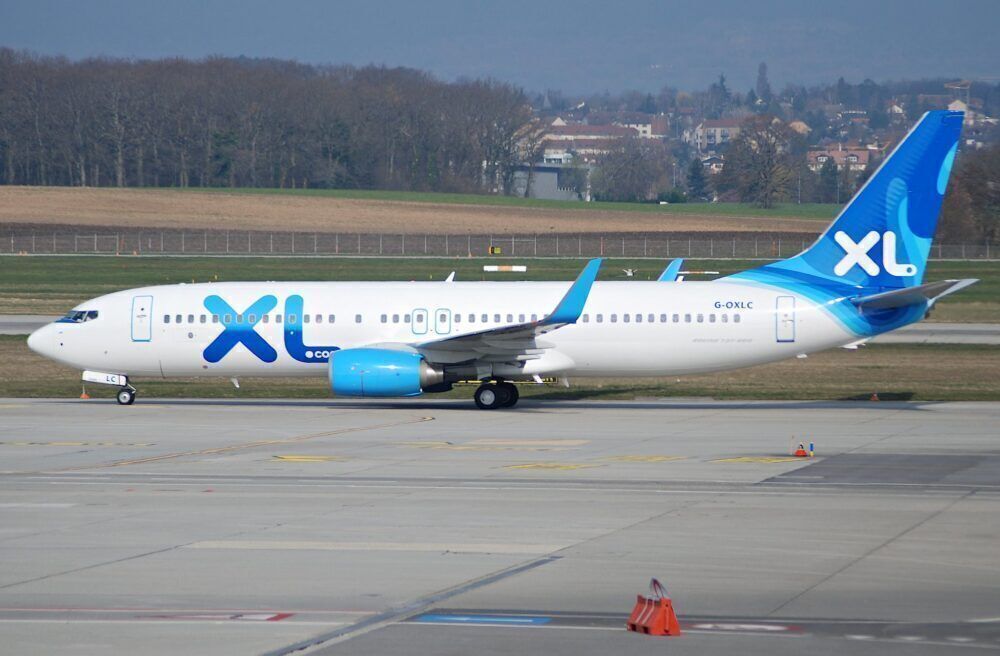XL Airways used to be a significant name in the UK leisure market, operating charter flights both to European destinations and further afield. You may remember that its story came to an end in 2008, but how did this happen? Let's examine the airline's fate, and how it was outlived by its two French and German counterpart airlines under the XL brand.
Various name changes
XL Airways UK came into existence in 1994 under the name Sabre Airways, commencing operations on December 17th that year. Under this identity, the airline flew Boeing narrowbodies such as the 727 and 737 to European leisure destinations.
The turn of the century saw the charter carrier undergo a rebrand, after the Libra Holidays Group acquired a 67% stake in the carrier in November 2000. As a result, it took on the name Excel Airways. Its destinations in the early to mid-2000s were still primarily European, although Excel's network did stretch beyond Europe to Egypt and St Lucia.
Stay informed: Sign up for our daily and weekly aviation news digests.
The XL Leisure Group purchased the carrier in October 2006. In May that year, Excel merged with Air Atlanta Europe, which had seen it briefly take on three Boeing 747-300s. The purchase by XL prompted another rebrand, to XL Airways. Of course, audibly, this sounded the same as the previous name, but it gave a visual indicator of the group's involvement.
The end of the line
2006 also saw XL acquire Star Airlines France and Star Europe, which it rebranded as XL Airways France and XL Airways Germany respectively. However, XL Airways UK only operated under this name for two years. On September 11th, 2008, the XL Group filed for administration, causing 11 of its companies to cease operations the next day, including XL Airways UK.
XL Airways UK's collapse had an extensive fallout. It stranded some 90,000 passengers abroad. The CAA arranged numerous charters to return the stranded passengers home. One of these, operated by Astraeus, was even flown by Iron Maiden frontman Bruce Dickinson. It also meant that the airline only paid London-based football club West Ham United £2.5 million ($3.5 million) of an existing £7.5 million ($10.6 million) sponsorship deal.
Outlived by French and German partners
XL Airways France and XL Airways Germany were not affected by the wider group folding. As such, they were able to continue operating despite their UK-based counterpart's struggles. On the day of XL's collapse, both were acquired by the Straumur Investment Bank.
XL Airways Germany flew for another five years, before eventually collapsing in January 2013. This came shortly after it filed for bankruptcy in December 2012, having already suspended its winter schedules. At the time of its collapse, XL Airways Germany was operating a small fleet consisting of five Boeing 737-800 aircraft. Its main hub was Frankfurt.
Meanwhile, XL Airways France was operational until 2019. By its closure, it was operating an All-Airbus A330 fleet, and even had the A330neo on order. However, in September 2019, it suspended ticket sales due to financial difficulties. Despite appealing to Air France for help, it ceased operations by the end of the month. In October 2019, a French court ruled that the airline could not be saved, and thus ordered its liquidation.
Do you remember XL Airways? Perhaps you even flew with the carrier, either under this identity or its former guise of Sabre Airways? Let us know your thoughts and experiences in the comments.




